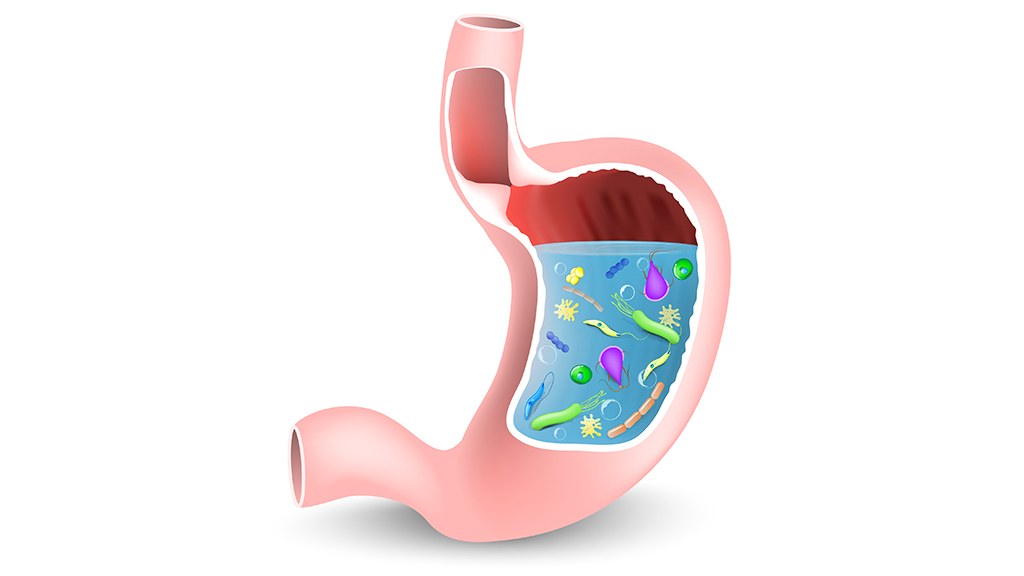Abstract
This interrupted case study for the flipped classroom introduces the human microbiome from the perspective of one of its occupants, Heidi Helicobacter (Helicobacter pylori). Heidi lives in the gut of Kristen, a college student, and discusses her fellow microbial inhabitants, functions of these various microbes, and alludes to factors that can disrupt the healthy human microbiome. Students prepare for class by viewing several brief videos and then discuss in class whether Kristen should undergo a fecal microbiota transplant to treat her Clostridium difficile infection. A lab component has students model, using colored beads, how antibiotics can act as a selective agent for drug-resistant microbes such as C. difficile. The case concludes with Kristen about to give birth to a new baby several years later. Students listen in as Kristen's microbes discuss the formation of the new baby's microbiome. The case has been used successfully in a general biology class and could easily be adapted for a microbiology, human physiology, ecology, or evolution course.




